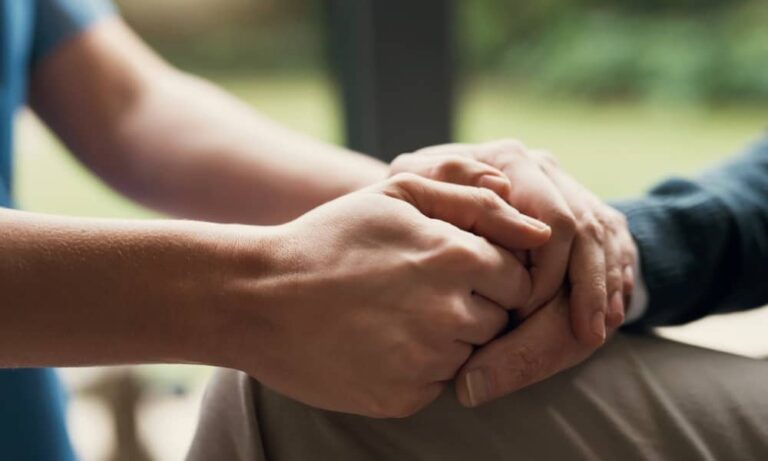If you have different sleep patterns on the weekend than you do during the week you may be suffering the effects of chronic social jet lag.
For example, you may have a preference to go to bed later and sleep in later on the weekend than you do in the week. It is social (e.g., school and work) schedules that interfere with your individual sleep preference. Night owls show the largest differences in sleep timing between work and free days leading to a considerable sleep debt on work days, for which they compensate on free days.
It may seem like a normal habit, but researchers from the University of Munich say that for every hour of social jet lag, the risk of being overweight or obese rises about 33% and there is an 11% increase in the likelihood of heart disease.
Social jet lag – a syndrome related to the mismatch between the body’s internal clock and the realities of our daily schedules – has also been associated with other health problems including poorer health, worse mood, and increased sleepiness and fatigue. Switching sleep schedules feels like changing time zones, however a key difference between travel jet lag and social jet lag is light. When you arrive in a different place, the sun is coming up and setting at a different time, and your body can reset its own clock to match.
With social jet lag, the schedule disruption is chronic because a person stays in the same place.
Now, researchers from The University of Chicago have found a way to measure social jet lag in people: by analysing patterns of activity on the social media platform Twitter. “When we look at how social jet lag changes throughout the year, we find that the dominant effect by far is the social calendar,” says Michael Rust from The University of Chicago.
“It suggests that humans in modern societies have biological rhythms that are somewhat disconnected from the changing hours of sunlight throughout the year,” he added. “This is consistent with some studies that suggest that the effect of the sun on our lives may be getting weaker over time, perhaps as we spend more time indoors looking at our phones,” Rust says.







